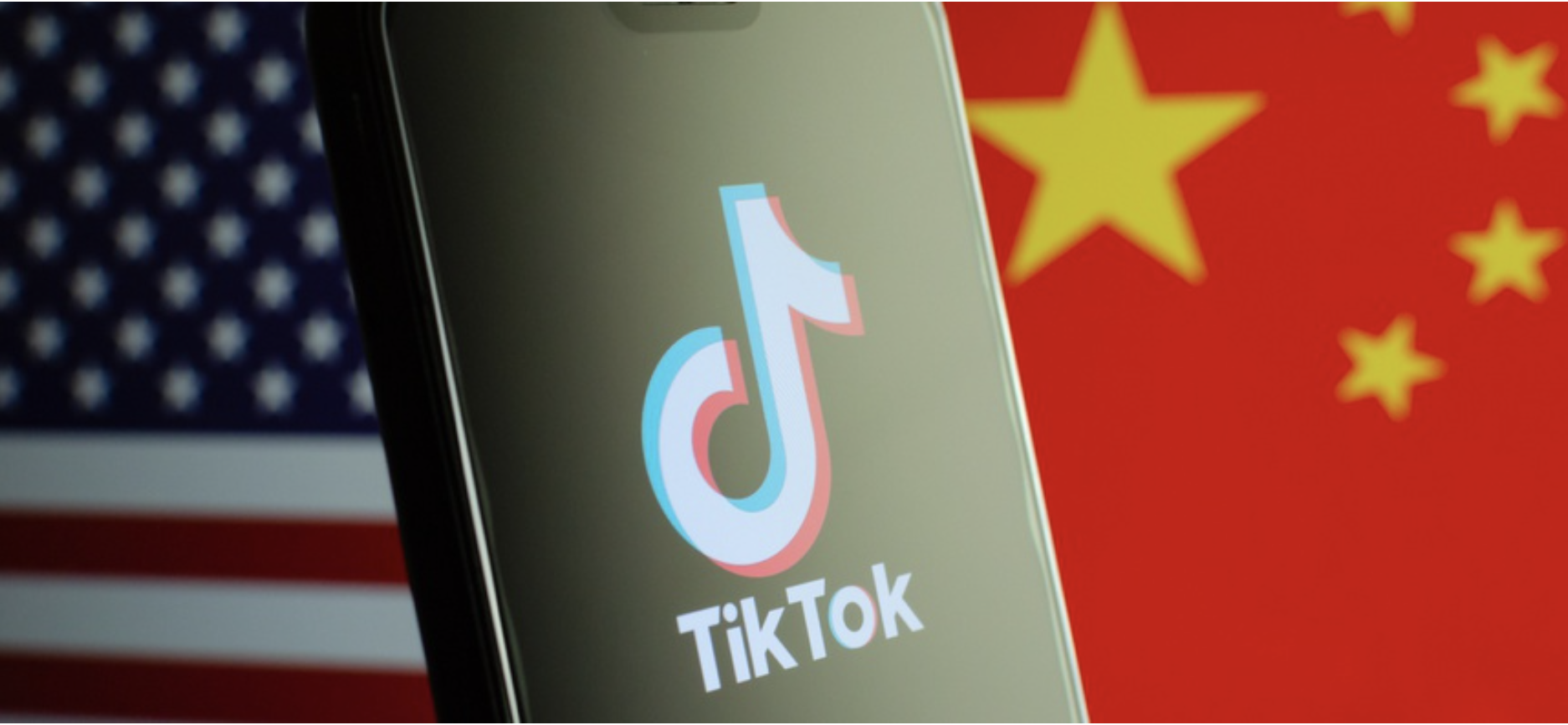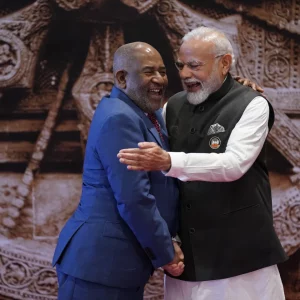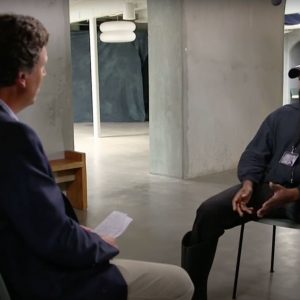Tiktok has been a bright spot of care-free entertainment during an otherwise tumultuous year for many young Americans. Whether participating in viral dance challenges, drinking cranberry juice and skating to “Dreams” by Fleetwood Mac or creatively fighting the powers that be through protest and civil discourse, this app has exploded in ways few have before. This is thanks to an incredible recommendation algorithm and the short-form video format that has proven to be incredibly addictive to many users. As is the case with many things, there is a murkier reality to the app’s data usage and the proprietary technology that makes this platform so addicting. Over the course of 2020, the app has become embroiled in a number of serious controversies. Several reports of the app secretly tracking the keystrokes of each of its users without consent have emerged. This effectively enabled the app to gather any data from any website that any user may be searching on any device with the app downloaded. In addition to harvesting personal data from uninformed consumers, the app has been reported to actively and explicitly censor content created by obese, physically disabled and LGBTQ+ users through two methods: removing these creators from the coveted “For you” stream of videos that the app opens to and disabling accounts that were deemed unfit with minimal pretense. It has also been revealed that the app actively censors any mention of the Tiananmen Square Massacre or any anti-Chinese speech in a similar vein to Beijing’s own vast censorship programs.
Geopolitical Crossfire
Over the last few years, the world has seen a plunge in bidirectional investment as Sino-American relations have soured. Spats over trade, the current human rights crisis for Uighur Muslims and the added strain of the coronavirus have raised tensions to dangerous levels. As the United States and China prepare to square off once again over technology and privacy concerns, the world will be watching closely to see the economic and geopolitical implications of another potential cold war. The controversy surrounding TikTok’s data collection and censorship in the US may bring a new age for Sino-American relations.
After seeing this information, the Trump administration saw a potential national security risk and took swift action to ban the app. The president has issued multiple executive orders to remove the app from the Apple App Store and eventually kill the app within the United States if ByteDance, the parent company, refused to sell its business in the United States to an American company. For the basis of its order(s), the administration cited The International Emergency Economic Powers Act (50 U.S.C. 1701 et seq.) (IEEPA), the National Emergencies Act (50 U.S.C. 1601 et seq.), and section 301 of title 3, United States Code. These are a series of laws that give the president near-unlimited power with regards to curtailing foreign economic interference and trade within the United States. Although the process of banning TikTok and WeChat — the main line of e-communication between people in China and the rest of the world — has been messy, the implication of these actions reaches far beyond the digital confines of the App Store.
China swiftly retaliated against the American order to sell. Under pressure from ByteDance and WeChat, the Chinese government created an intellectual property law that tightly regulates the sale of “data processing, speech and text recognition” which are technologies heavily used by TikTok and WeChat. This new law allows the Chinese government to effectively veto any deal between ByteDance and an American company for the app’s business in the United States. These belligerent legal decisions are just the latest in a long line of technological skirmishes between the United States and China. As talks over a ban or potential sale develop and advance, the results act as a bellwether for overall relations between the world’s two largest economies.
… Is this legal?
A ban on TikTok in the United States will have ripple effects on the world stage for years to come. In the short term, however, it will most directly affect its users and the government’s relationship with the First Amendment. For this reason, the question must be asked: is this ban even legal? This subject has been hotly debated even in the Trump Administration, Steve Mnuchin, the Treasury Secretary advocated against an outright ban, instead of pushing for either a sale or a separate action on the grounds that the action would infringe heavily on American Tik Tok users and the company’s First Amendment rights. Ultimately, trade advisor Peter Navarro’s claim that harvesting American user data indiscriminately – especially for the users who are active members of the military – posed too great a national security risk for the app to remain under Chinese control. Although an injunction on similar grounds to Mnuchin’s claims has been placed on the order, the administration is still pushing this ban forward.
What about me? I thought this was America!
This decision has many ramifications not only for the users of TikTok but also for America’s technology sector and the wide-ranging data collection and sales that make the majority of these companies so profitable. The Electronic Frontier Foundation (EFF) delivered a brief that states a TikTok ban violates First Amendment rights by “eliminating a specific type of speaking, the unique expression of a TikTok user communicating with others through that platform, without sufficient considerations for the users’ speech” as a part of the ongoing lawsuit against the order. This summer, thousands of the people who took to the streets to protest the unjust killings of Breonna Taylor and George Floyd used TikTok extensively to communicate and share vital resources for those detained. People participating in civil disobedience on TikTok used the platform to share innovative tactics to help protests and even successfully disrupted Mr. Trump’s campaign rallies and merchandise to great effect. Because TikTok allows people to express themselves freely and communicate openly, the EFF and the creators they represent to see this ban as an indirect retaliation against these actions taken by US citizens defending their rights. They are justifiably worried that their constitutional rights are being infringed upon.
From a financial standpoint, many of the successful creators who gained an incredible following on TikTok may have their livelihoods taken away. It is concerning to see an administration that has staked its claim on being pro-business and entrepreneurship acting against the interests of many of the nation’s youngest entrepreneurs and creators. Even for those creators who do not solely rely on this app for income, it has become an essential creative outlet to share positivity and fun videos in a world that is starved of positivity and human connection amidst a series of existential crises.
Featured Image Source: Nextgov/Ascannio






Comments are closed.